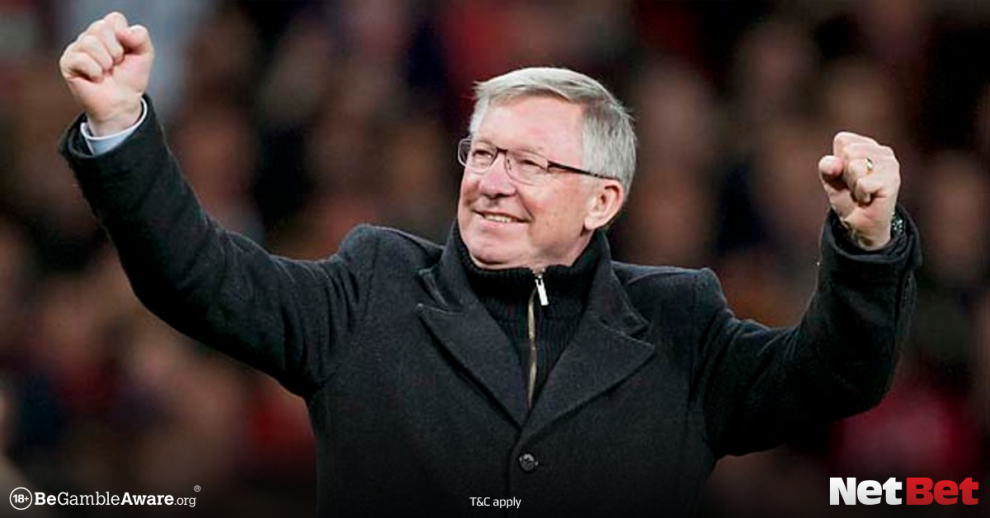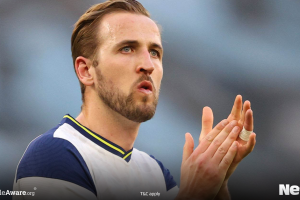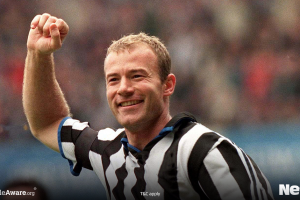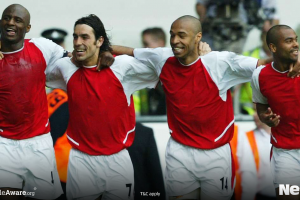The formation of the Premier League in 1992 sparked a new era of football that would see the world’s brightest talents drawn to England to prove themselves in the most competitive league in Europe.
As important as the players themselves, an influential manager can be the difference between mid-table mediocracy and Premier League glory. In an era of cut-throat ruthlessness, when time is always running out, we’ve taken a look at the few who have a genuine claim to be the greatest Premier League manager of all time.
Claudio Ranieri – Chelsea, Leicester, Fulham
Leicester City pulled off one of the biggest shocks in sporting history when they lifted the Premier League trophy in 2016. At 5000/1, Claudio Ranieri’s Foxes lost the bookies millions and completely reshaped the face of gambling.
His reign at the top of English football didn’t last long, but boy was it sweet. Everyone loves an underdog, and what Leicester proved that season was the importance of hard-work and momentum in a game increasingly dominated by flashy terminology and pointless stats.
There was no trequartista, no enganche and no raumdeuter. What Ranieri had was a classic 4-4-2 and a group of players willing to run through walls for him. He wasn’t a footballing genius like Guardiola or a defensive mastermind like Mourinho, but he knew how to get the best from his players.
An upset of this magnitude may never happen again, but that Leicester City team made up of misfits and rising stars, chaperoned by some forgotten older heads, played the starring role in English football’s biggest ever success story – and Ranieri was the director.
Pep Guardiola – Manchester City
The arrival of Pep Guardiola at City symbolised a change in the style of English football. In a league dominated by a direct approach, Pep’s philosophy made every player on the pitch a crucial cog in a technically proficient machine.
His obsessive attention to small details and the versatility he demands from his players has paved the path for an era of tactical fluidity and experimentation. Since his arrival from Barcelona in 2016, he has introduced the country to inverted full-backs, false nines and given a whole new role to the player between the goalposts.
Style and class might not be enough alone to hail him as one of the greats in Premier League managerial history, but the dominance and success he achieved alongside it certainly is. He cemented City’s position as the most decorated English club of the decade by taking them to back-to-back Premier League titles.
City became the first team to break 100 points in the Premier League after Pep’s Centurions waltzed their way to the pinnacle of English football, netting 106 times and conceding only 27. The Spaniard has influenced the game throughout the footballing pyramid. The rise in quality of lower and non-league football is a testament to Guardiola’s impact. He introduced England to Total Football – and the game is better off for it.
Jose Mourinho – Chelsea, Manchester United, Spurs
A quintessential winner, Jose Mourinho has fought his way to trophies everywhere he’s been. His defensive style has its critics, but its effectiveness is unquestionable. His arrival in London finally put a halt to the two-horse race which had seen Arsenal or Manchester United win the title in 11 out of 12 seasons since the beginning of the Premier League era.
After leading Porto to Champions League success, Mourinho took the reins at Chelsea in 2004 – and with the assistance of Roman Abramovich’s wallet, a period of dominance ensued. With an understanding of space and shape like no other, The Special One led Chelsea to their first Division One title since 1955, conceding just 15 times and setting the record for fewest goals conceded in a Premier League campaign.
For four long years, no team managed to get the better of Chelsea at Stamford Bridge – and Mourinho was the key. In a sport loved for its unpredictability, Chelsea were completely predictable under Jose – and nobody could stop them.
Some loved his arrogance and willingness to publicly criticise, others hated it. But whether or not you are fond of the Portuguese tactician, his success is undeniable. Through motivation and tactical genius, Mourinho turned good players into great players and average players into Premier League winners, asserting himself as one of the greats in Premier League history.
Arsene Wenger – Arsenal
Arsene Wenger arrived in North London in 1996, bringing with him a continental approach that changed the way we look at football. He locked horns with Sir Alex Ferguson and formed the greatest rivalry the Premier League has seen, with United and Arsenal battling it out as the two powerhouses in English football for almost a decade.
His focus on science was alien – prioritising the nutrition and recovery of his players. The distinct lack of Mars Bars you’ll find at the Emirates is living proof of the Wenger affect. Training sessions were less fitness-based and instead concentrated on passing drills and ball possession – Wenger had revitalised Arsenal Football Club.
The Frenchman holds the record for most games managed in the Premier League with 828 – 38 of which formed the greatest top-flight campaign of all time. With Captain Patrick Vieira commanding the midfield, Sol Campbell organising the defence and Thierry Henry spearheading the attack, Arsenal went unbeaten.
Arsene Wenger didn’t just influence the style of English football, he changed the entire approach of English football. He pioneered the shift in culture towards science and ball possession, all whilst leading Arsenal to their most successful period in history with three Premier League titles and seven FA Cup trophies. He was one half of the duo that announced English football on a European stage and Wenger’s contribution to the Premier League was both ground-breaking and iconic.
Sir Alex Ferguson – Manchester United
In 26 years at Manchester United, Sir Alex Ferguson took charge of 1500 games and won 38 trophies, averaging a trophy every 39 games for over a quarter of a century. This truly remarkable feat has established the Scotsman as not only the greatest Premier League manager of all time – but the greatest manager in the history of the sport.
For two decades, Sir Alex dominated English football, adapting to and quickly conquering every variation in footballing style – and he did so with utter class. Not only has he lifted the Premier League trophy a staggering 13 times, he also led United to one of the greatest English footballing campaigns ever when the Red Devils won the illusive treble in 1998/99– the only English team to do so.
One of the most iconic moments in the extraordinary reign of Sir Alex Ferguson as he steered United to European Cup glory with the help of a crop of youngsters he cultivated himself. He took the tradition of trusting in youth and ran with it, a value that has seen United name an academy graduate in every matchday squad for over 4000 games. He put faith in the Class of 92 and those players repaid him over the course of his tenure at the top, going on to win a combined 120 trophies with the club.
It was 12th May 2013 when Sir Alex Ferguson stepped out onto the turf at the Theatre of Dreams for one last time. Amidst the cheers and tears of the Old Trafford faithful, he gave his retirement speech, and bought an end to an era of unprecedented success and unrepeatable dominance – taking United to the pinnacle of the sport and cementing himself in history as the greatest manager of all time.









